Has cup king Rafa Benitez underachieved since Istanbul?
The Spaniard may not have won a league title in 11 years but his unrivalled cup exploits should still make him hot property, says James Dutton...
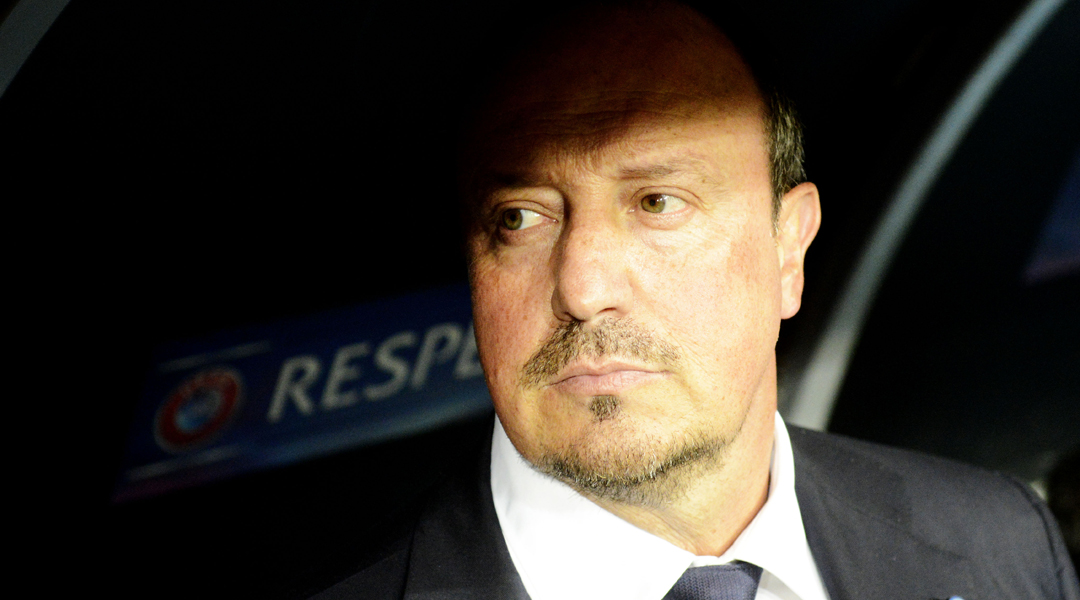
When people think back to the events at half-time in the bowels of the Ataturk Stadium on May 25, 2005, it's tempting to envisage a portly Spaniard channeling his inner-Churchillian rhetoric, arms flailing in a pique of tub thumping and rabble rousing.
It's an interesting dynamic of the British perception of sporting comebacks that it was assumed what he said, rather than what he did, was the decisive factor in pulling Liverpool back from three goals down against Milan.
Ten years have passed and accounts of that half-time team-talk from Rafa Benitez still differ to this day. Jamie Carragher emphasised the speed and calmness at which he explained the tactical changes, the introduction of Didi Hamann and the shift to three at the back, but that he was so flustered he nearly sent the team back out with 12 players. Scott Carson said it was quiet, that Benitez told them to play for pride.
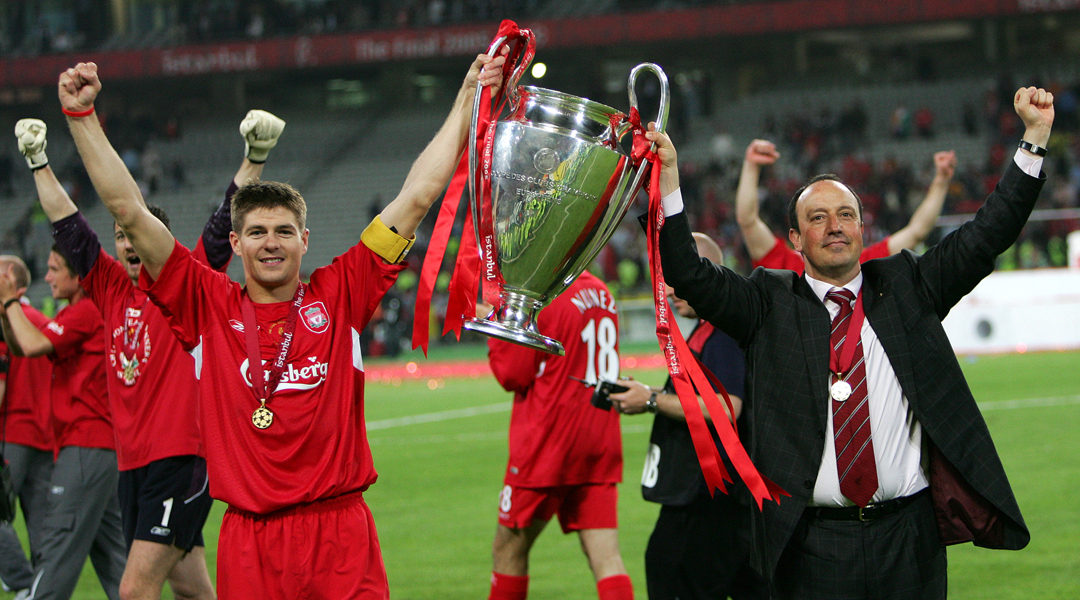
The former Valencia boss remembers it differently in his 2012 book, Champions League Dreams: “We have nothing to lose. If we can relax, we can get a goal. And if we get the first goal, we can come back into the game. We have to fight. We owe something to the supporters. Don't let your heads drop.
"We are Liverpool. You are playing for Liverpool. Don't forget that. You have to hold your heads high for the supporters. You cannot call yourselves Liverpool players with your heads down. We have worked so hard to be here, beaten so many good teams. Fight for 45 minutes. If we score, we are in it. If you believe we can do it, we can do it. Give yourselves the chance to be heroes.”
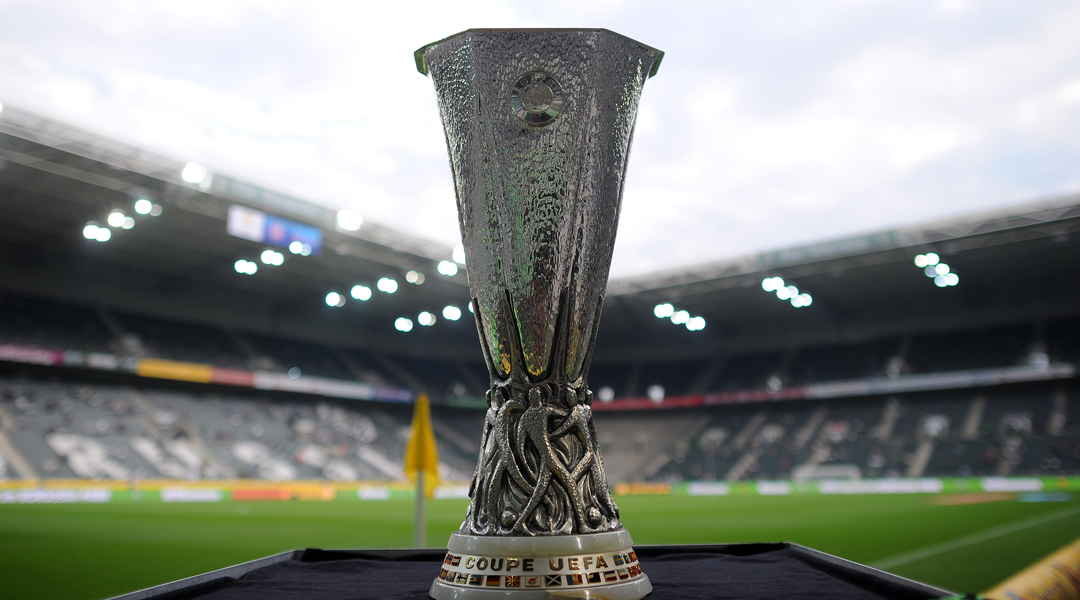
The facts
Whichever version of events you choose to believe, the one of Benitez plotting players and positions on a chalkboard is the most identifiable. The man who introduced squad rotation and zonal marking to a generation of Sky Sports viewers developed a reputation that was hard to shirk. His inclination to respond to a goal by jotting down a note, rather than celebrating with a fist pump, infuriated many an observer who mistook his calm demeanour for a cold personality. Steven Gerrard famously remarked in his autobiography that all he longed for under the Spaniard’s tutelage was a pat on the back and a “well done”.
Get FourFourTwo Newsletter
The best features, fun and footballing quizzes, straight to your inbox every week.
His peculiar mannerisms and struggles with linguistics have shaped the image of a man at odds with reality. Proclamations of priests and mountains of sugar during his time at Inter only confirmed these suspicions.
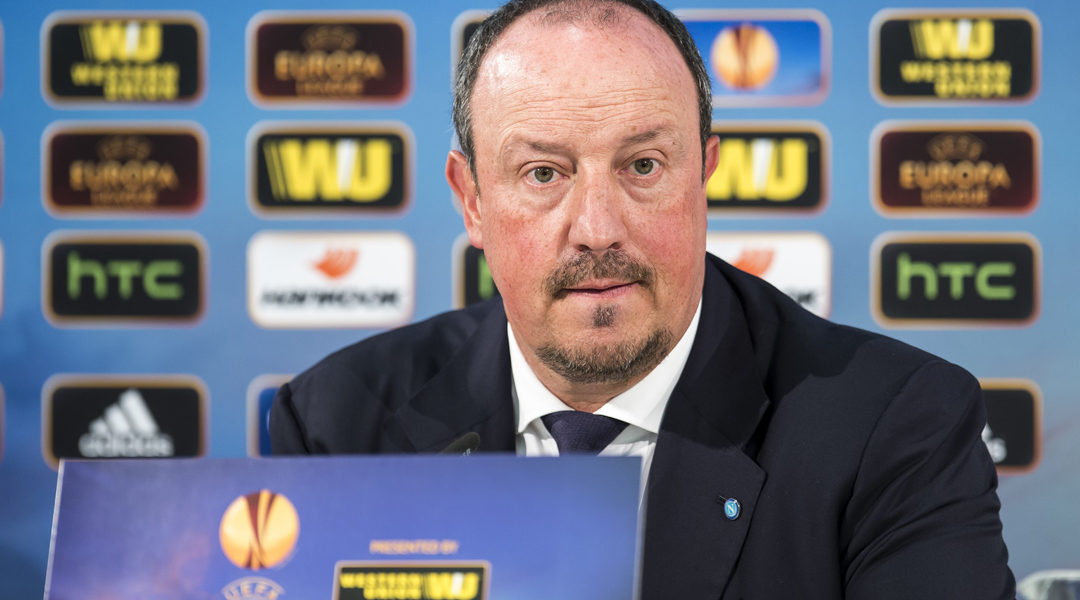
Benitez is largely caricatured in this country as the “fat Spanish waiter”, remembered more for speaking about facts and inspiring Chelsea fans’ love affair with A4 posters than bringing over Xabi Alonso and Fernando Torres. Such is his reputation that the fact he is on the verge of guiding Napoli to a Europa League final, the fifth European showdown of his managerial career, has been widely overlooked.
With Carlo Ancelotti on four, Jose Mourinho on three and Pep Guardiola on two, Benitez will move into a league of his own if Napoli defeat Dnipro Dnipropetrovsk in their Europa League semi-final second leg. Ten years on from the greatest night of his career, it would be a remarkable achievement for a manager who inspires such division among his peers, the media and football fans in general.
Domestic deadlock
Has Benitez underachieved since Istanbul? He hasn’t come close to claiming a domestic title, except during the 2008/09 season with Liverpool, where he extracted everything he could from a small squad with an excellent spine, narrowly losing out to a Manchester United side on their way to a third successive title. What Benitez has become, though, is the master knockout tactician – in contrast to his zero league titles since winning La Liga with Valencia in 2004, he has won eight cup competitions spanning the breadth of European and world football, from the FA Cup to the Club World Cup and Coppa Italia.
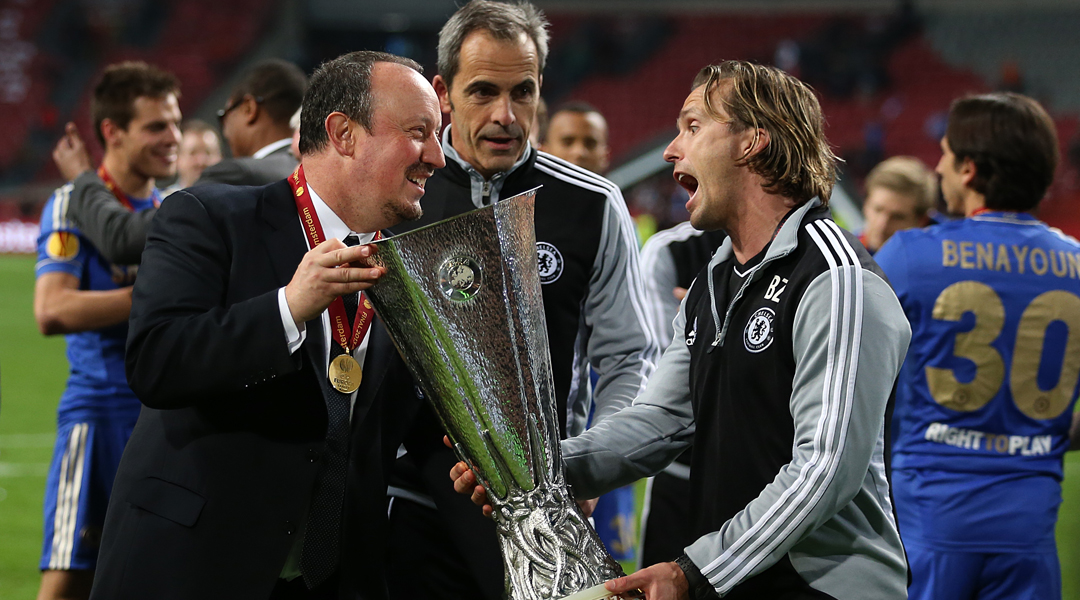
One-off, must-win situations suit him and his style of management. He is not the cajoling man manager who can inspire a team week in, week out. He is a situational manager, one you’d back to get you out of a tight spot, to switch formations and counter opposition threats, to negotiate you through two-legged ties by hard work and incessant drills on the training ground. He is a perfectionist, never settling for anything less than the best, putting everything into match preparation. Does that help explain the discrepancy between his league and cup records, and does that inconsistent record count against him?
In defence
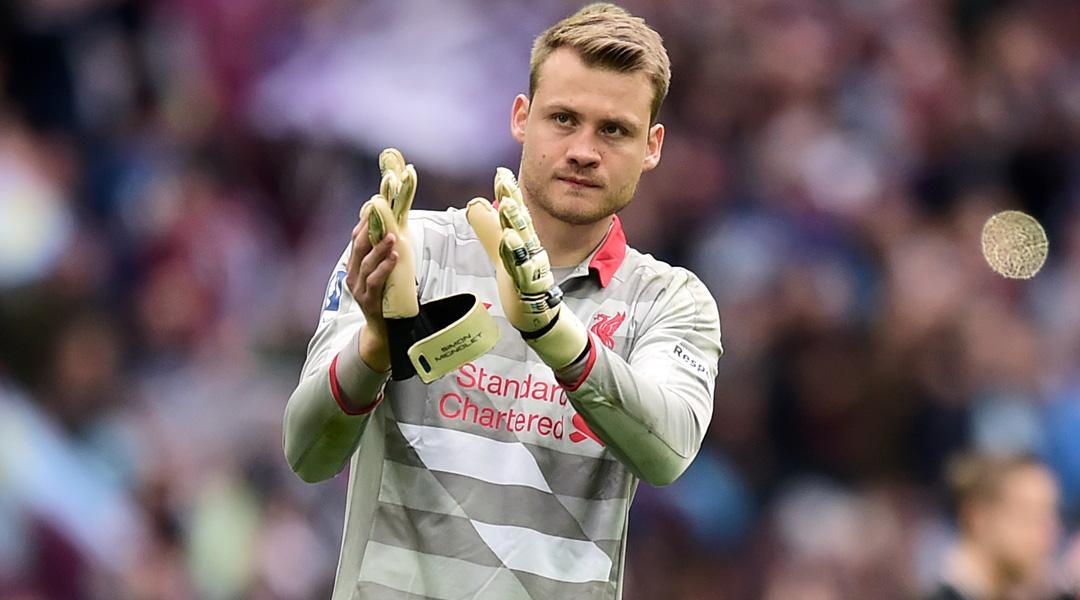
His failure to consistently challenge at Liverpool, and the way things dramatically unravelled in the 2009/10 season, has clouded judgement of his ability despite the asset-stripping of the Hicks and Gillett regime. So too his abortive spell at Inter, where he inherited an ageing squad who'd given everything to win the treble under Jose Mourinho, but one without reinvestment from then-president Massimo Moratti. At Chelsea, and now at Napoli, he has challenged well in Europe and in domestic cups, but has fallen short in the league. What Istanbul and Benitez’s career since has done is airbrush the success of his Valencia side, where he found the recipe to dovetail European and league glory. Winning two Spanish leagues against the duopoly of Real Madrid and Barcelona should never be underestimated, nor the verve and style with which Pablo Aimar, Ruben Baraja, Vicente et al achieved it. That Valencia team shows there is more to Benitez the manager than meets the eye.
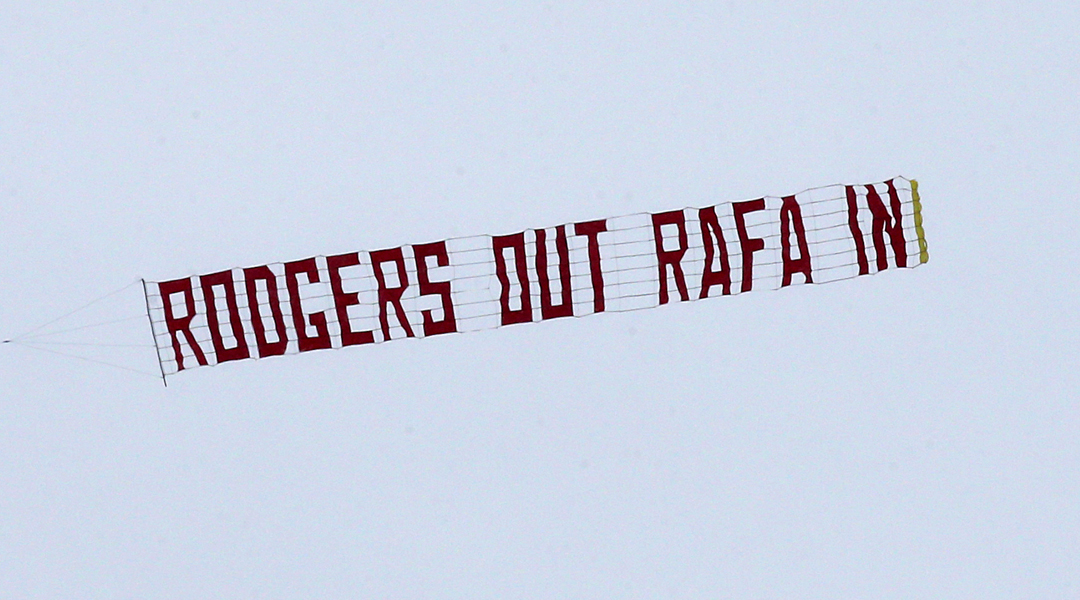
What the Spaniard has forged since leaving Tenerife 14 years ago is a pragmatic style of football and management. There is no overarching philosophy, only an emphasis on exploiting opposition weaknesses, be that through dour defensive play or aggressive attacking. Benitez’s way is not for everyone, but the proof is in his bulging trophy cabinet, and a European record that's the envy of his contemporaries.
